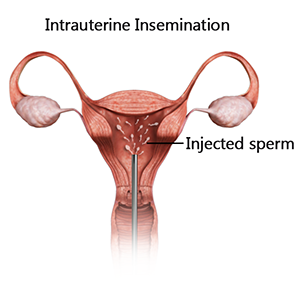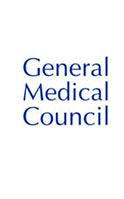Intra-uterine Insemination

What is Intrauterine Insemination?
Intrauterine insemination (IUI) is a treatment for fertility, performed in couples unable to conceive despite trying for at least a year. IUI involves placing sperm in a woman’s uterus to facilitate fertilization (fusion of egg and sperm). IUI gives the sperm a head start in entering the womb, but will still have to reach and fertilize the egg on its own.
Indications of Intrauterine Insemination
IUI is a fertility treatment indicated for couples with conditions such as unexplained infertility, abnormal sperm count or mobility, cervical problems, and ejaculation dysfunction.
Preparing for the procedure
Semen is collected from your partner at the clinic. The sperm sample is washed to select only the best sperm that look normal and highly active, from the low-quality sperm. There are higher chances of conceiving if a highly concentrated sample of healthy sperm is used. You will be monitored for signs of ovulation (release of an egg). Physicians may also ask you to take medication to stimulate the ovaries and improve egg production and chances of pregnancy. IUIs are usually performed a day or two after ovulation is identified.
Procedure of Intrauterine Insemination
During the procedure, you will lie on an examination table. A hormone called human gonadotropin hormone is injected to release the eggs. Your doctor injects the sample of semen directly into the uterus through a catheter (a long tube). After the procedure, you will be asked to remain lying on your back for a few minutes. This entire procedure may cause minimal discomfort and is completed in a short time.
Risks and complications of Intrauterine Insemination
IUI is relatively safe and is not associated with serious complications. However, certain risks may occur such as infection and vaginal bleeding due to the placement of the catheter inside the uterus. IUI by itself may not be associated with a risk of multiple pregnancies. However, when coupled with ovulation-inducing medication, you are at a higher risk of multiple pregnancies.







